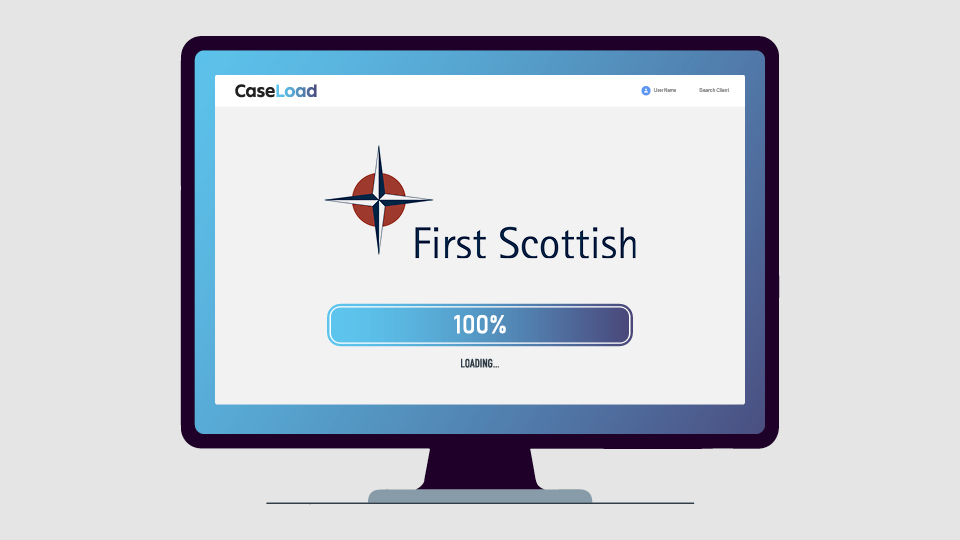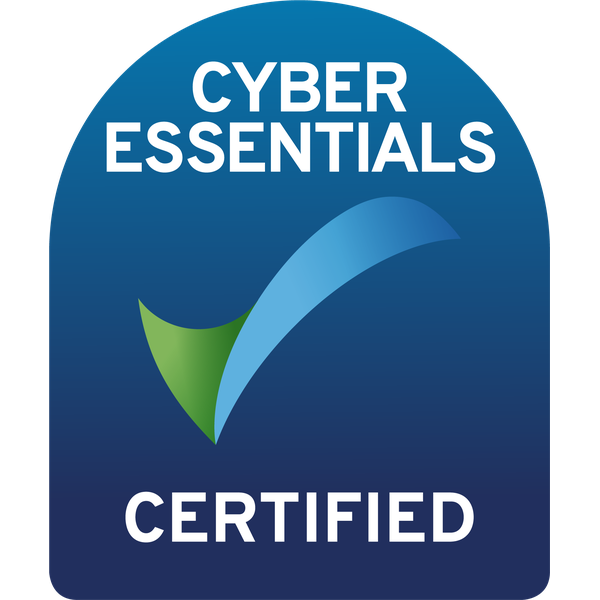Written by:

Grant Yuill
Head of Marketing & Customer Engagement
Why would a law firm need Legal Case Management Software?
Efficiency and accountability are the main considerations. If you work alone and have no other employees, you don’t need to interact with anyone internally. However, there will always be a communication barrier in your company if you have more than one employee.
There is a requirement for case-by-case or client-by-client communication. Using emails and folders is insufficient. Utilising Legal Case Management Software will enable you to effectively organise your information and improve internal and, most crucially, client communication.
With it, accountability is also important. Again, you are responsible for your actions if you work alone and without assistance. There isn’t much a case management system can do for you. However, as a business owner, you must ensure that any additional staff members are performing their duties if you are working with them. Case Management Software is just one method of monitoring it; there are others as well. A case management system must be in place in order to get genuine transparency into the amount of work they are doing and ensure that they meet the boxes that they need to check on a topic or client.
What essential qualities must a law firm look for when using Legal Case Management Software?
I’ll start off by mentioning a few ideas that I think might be applied to all practice areas. Integration of your email and calendar is important. It’s also crucial to have a document management solution of some kind. Many existing systems prevent you from implementing document management in its entirety even today.
The conventional approach of document management entails placing a document in a server folder and linking it to a case later. However, this still indicates that the paper is kept at your office physically. You should be able to securely store papers online with a working web-based case management system so you can access them from any location.
The ability to manage tasks and processes is another crucial element. Workflows can be created in many different ways within a company. Depending on how things are managed, it could involve a complex arrangement with 2,700 separate duties. Or it might be three jobs that are automatically generated after a specific type of matter is open for a specific case type. Any case management system should let you automate reminders and deadlines, whichever method is most effective.
To be more precise, there is a significant difference in how you track your time depending on whether you bill hourly or contingently. The majority of case management programmes available today seem to favour one side of the argument over the other. Depending on what’s important to the company, you should be aware of certain things.
What should Contingency Legal Firms specifically look for?
The capacity to efficiently track case costs. When you settle a case, you must be certain that all case costs are deducted from the settlement before paying yourself and the client. You are bearing the costs if you are not tracking them properly.
To take it a step further, there should be some sort of procedure or automation set up to handle the settlement process in general, ensuring that tracking case costs, dispersing payments, and tracking liens, all happen in a systematic manner. several companies run complicated spreadsheets before replying to an offer from an opposing legal counsel. Because the terms of an offer can change in a matter of days, the ability to compute your answer fast is essential.
Accounting management fully integrated is another essential component. This saves you from having to enter the data twice and helps to eliminate errors, which can lead to problems with settlement and fee distribution.
How can Case Management Software assist businesses in identifying inefficiencies?
Firstly, traditional Client communication is ineffective. Usually a client may get in touch with any of the Solicitors or Paralegals participating in a case. In most businesses and organisations, the person who receives a response or enquiry simply replies to the client, and if they don’t connect that reaction to a problem, nobody knows about it. As a result, someone might later ask the client for that information. This is not good customer service and gives your legal practice a bad impression. Case management software can eliminate this by providing anyone working on the case with access to all communications.
Time management is a second inefficiency. There are deadlines in every case that must be met. Some will unavoidably be missed if you manually track them rather than automatically with a case management system. Additionally, failing to meet deadlines could result in the case being dismissed, which would be extremely detrimental to your clients.
Document production is a third common inefficiency I observe in many businesses. You will spend a lot of time copying and pasting that information if you don’t have legal software that lets you generate templates for your often used papers. In addition, mistakes are more likely to happen.
Will a Case Management System cover its costs?
Yes, if used correctly. This is important. We built our Case Management Solution, CaseLoad, on top of a stack of solutions that users are familiar with. Your staff will use the case management system you purchase and can be set to do everything you want. However, you will not receive your Return on Investment (ROI) if clients do not use it since it is not user-friendly.
Is it possible to calculate ROI?
Before implementing a system, you must have the goal to measure ROI and collect some metrics. The average life cycle of a case is one metric that can be measured. So, how long does it take your conveyancing transaction to complete from the time the file is opened? How long do your workers’ compensation claims typically take? How long do your divorce cases last?
You must be aware of the circumstances prior to the launch so that you may examine those metrics 60, 90, or 120 days afterwards to determine if they have improved.
Is there anything you and your team can do to help clients get started quickly?
At Denovo, we offer full customisation options, training, and continuing support, which is not the case with other providers. Depending on the size of the organisation, we offer these at various levels. Law firms should, in my opinion, exercise caution when customising. Should a software firm permit it to some extent? Yes, of course! But as a business, you may do yourself a lot of good if, during the implementation phase, you pay more attention to how your workers will utilise the system than you do to customisation. You can always modify it later if you want to.















